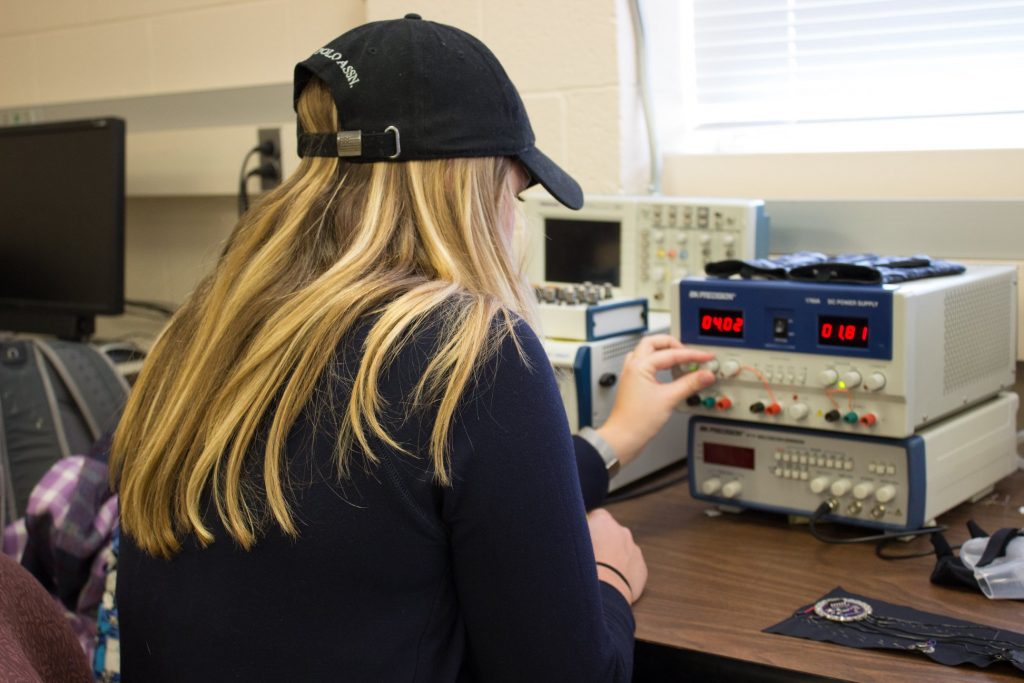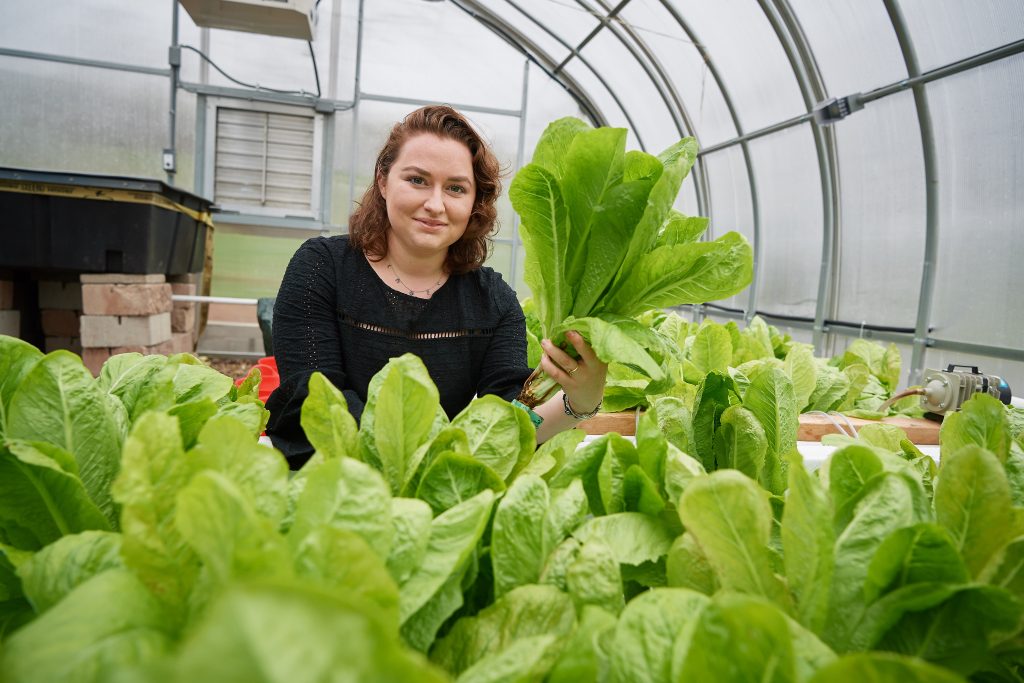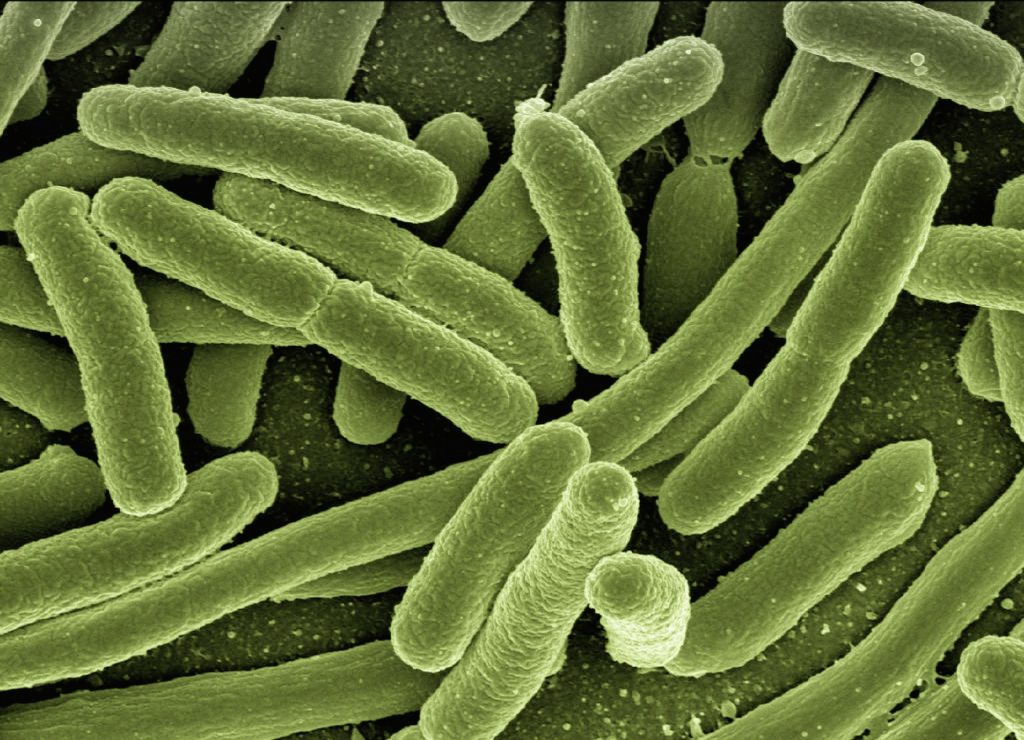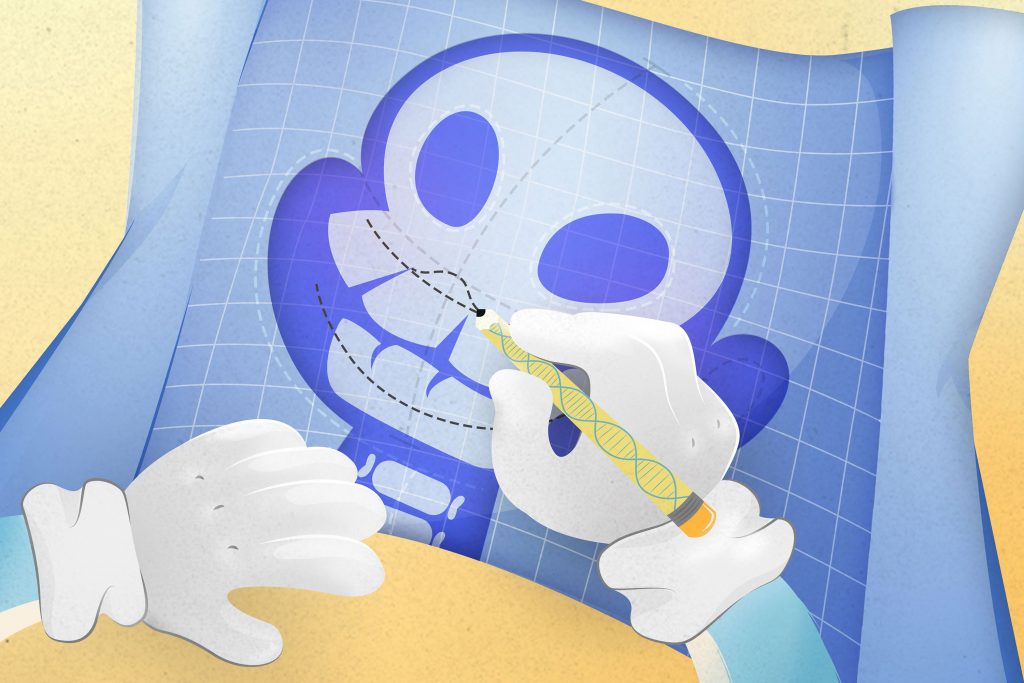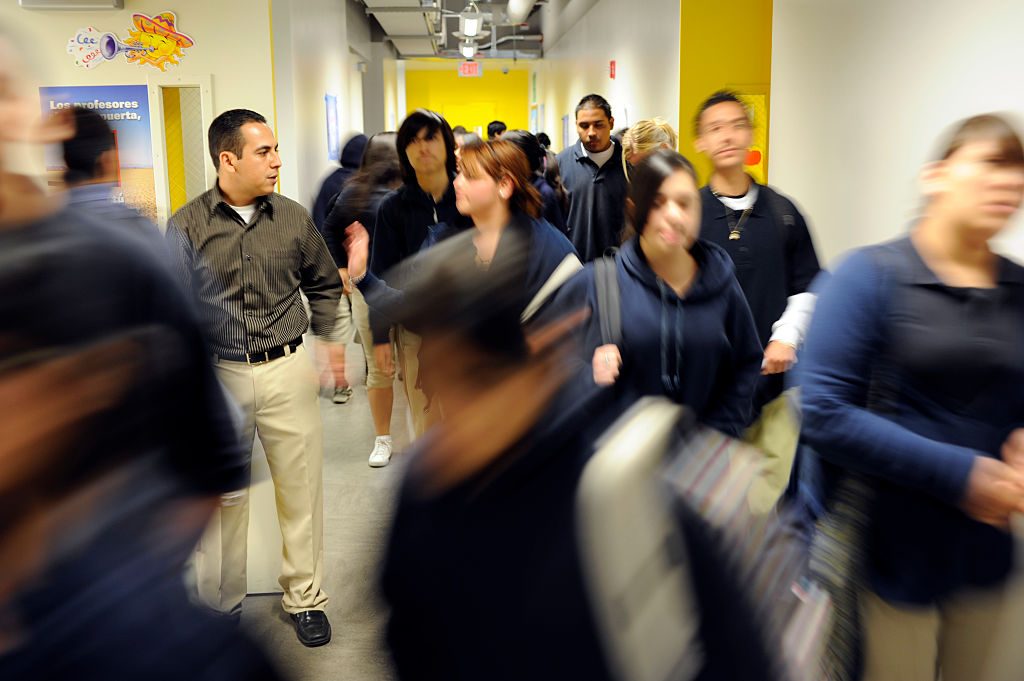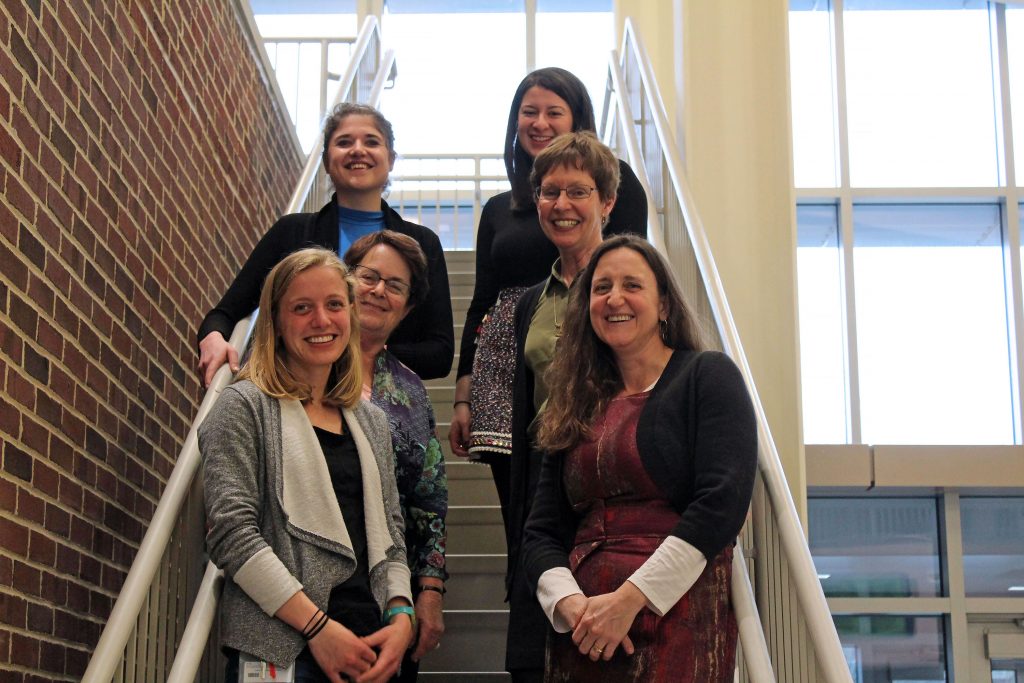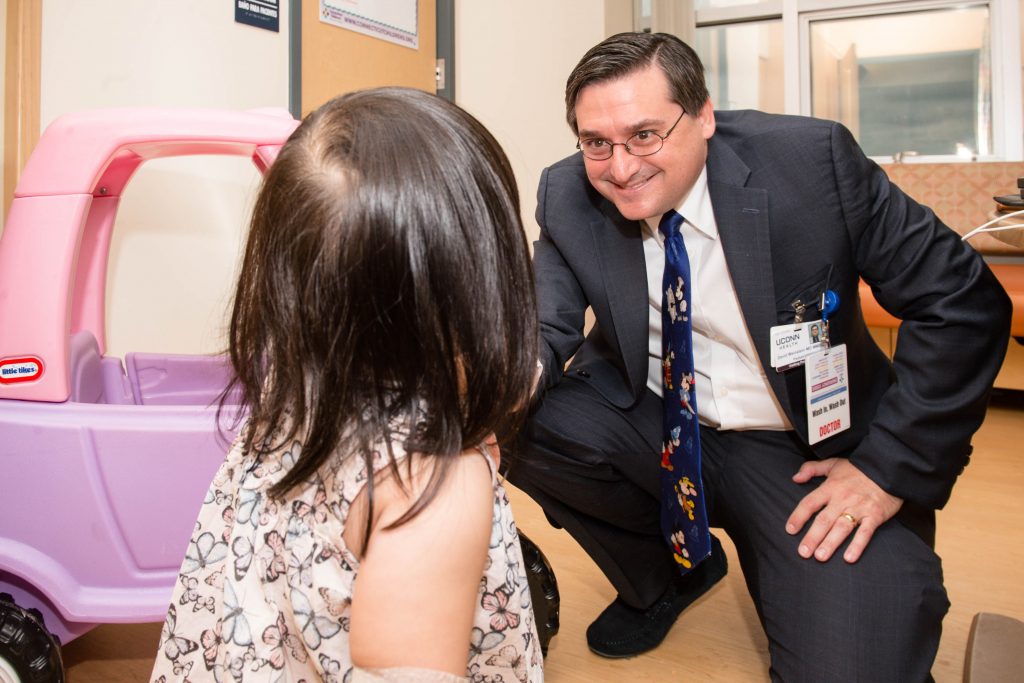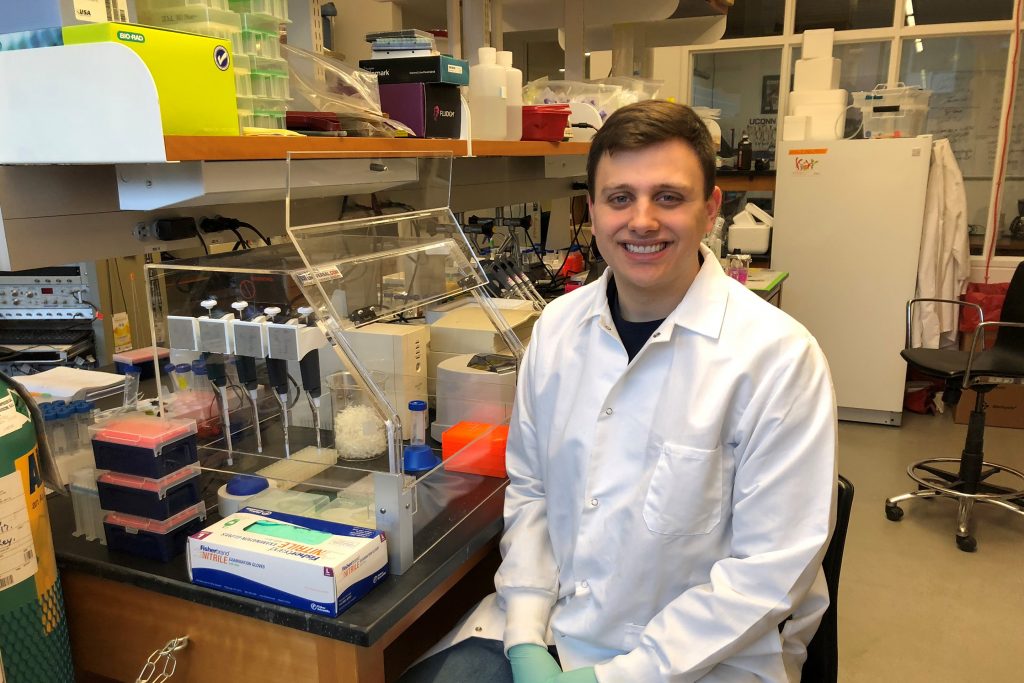Research & Discovery
Senior Design: Using Vibrational Therapy to Change the Outlook for Cerebral Palsy Patients (Part 2)
Entering the final stretch of their Senior Design journey, the biomedical engineering team of Brianna Perry, Morgan DaSilva, Brittany Morgan, and Katie Bradley are realizing the crushing realities of real-world results versus perfect-world expectations.
May 3, 2018 | Eli Freund
Growing with Aquaponics at UConn
A new student-led aquaponics system at the Spring Valley Farm is proving fertile ground for research and interdisciplinary projects in addition to fresh produce.
May 3, 2018 | Elaina Hancock
Searching for Sepsis Interventions
By studying the regulation of innate immune responses during bacterial infection and sepsis, this project has the potential to identify new biomarkers and targets to intervene before the condition can severely harm the host.
May 3, 2018 | Anna Zarra Aldrich '20 (CLAS), Office of the Vice President for Research
Claiming Credit for Cyberattacks
The decision to acknowledge sponsorship of an attack is often linked to whether the attacker hopes to draw attention to a cause or to actually influence events, says political scientist Evan Perkoski.
May 2, 2018 | Kenneth Best
Blueprint for the Skull
A new UConn Health study has found that cleft palate is caused by a disruption of the regulatory pieces of DNA.
May 1, 2018 | Kim Krieger
The Danger of California Charter Schools
Charter schools have become a sticking point in the teacher contract talks in Los Angeles. To learn about charter schools in that state, take another look at research by UConn's Preston Green.
April 30, 2018 | Loretta Waldman
New $3M Grant Studies Optimal Outcomes for Autism Spectrum Disorder in Adults and Teens
Researchers from UConn's professors Department of Psychological Sciences have received over $3 million from the National Institute of Mental Health to study optimal outcomes for autism spectrum disorder in adults and teens.
April 30, 2018 | Anna Zarra Aldrich '20 (CLAS), Office of the Vice President for Research
UConn Health, Connecticut Children’s, to Host First Gene Therapy Trial for GSD
The trial will test a gene therapy developed by Dr. David Weinstein that is designed to improve glucose control by replacing the deficient enzyme in a patient’s liver.
April 26, 2018 | Lauren Woods
Meet The Researcher: Colin Cleary, UConn College of Liberal Arts & Sciences
Colin Cleary, a doctoral student in the Department of Physiology and Neurobiology (PNB), recently won a highly competitive National Research Service Award from the National Institutes of Health.
April 26, 2018 | Anna Zarra Aldrich '20 (CLAS), Office of the Vice President for Research
Meet the Researcher: Colin Cleary, Physiology and Neurobiology
“Undergraduates can publish original research.” This statement made by Colin Cleary, a first year doctoral student in the Department of Physiology and Neurobiology (PNB) at the University of Connecticut, is certainly true, as Cleary’s own standout educational track proves. Cleary was recently awarded a prestigious Ruth L. Kirschstein National Research Service Award (NRSA) Predoctoral Fellowship […]
April 26, 2018 | Anna Zarra Aldrich '20 (CLAS), Office of the Vice President for Research
